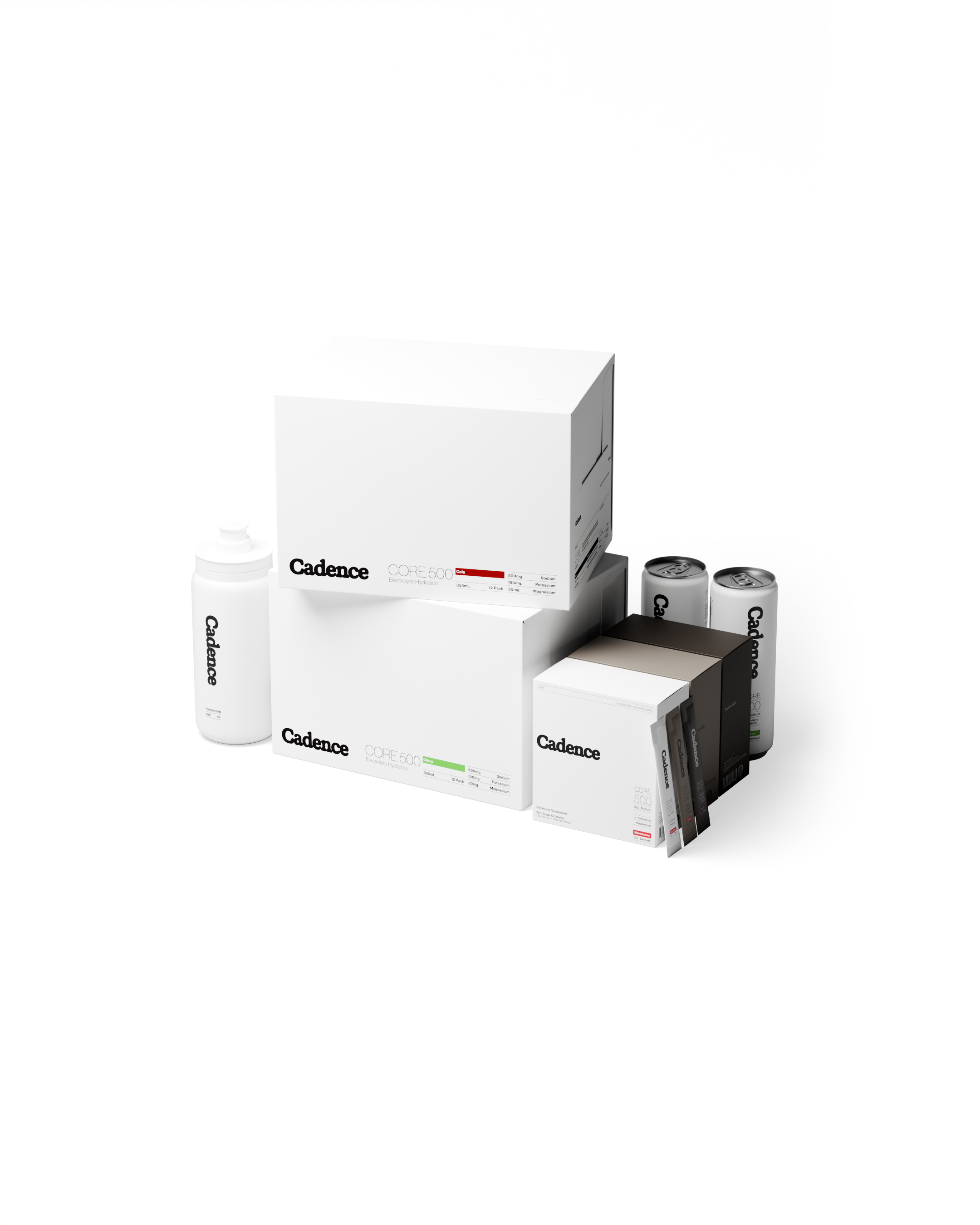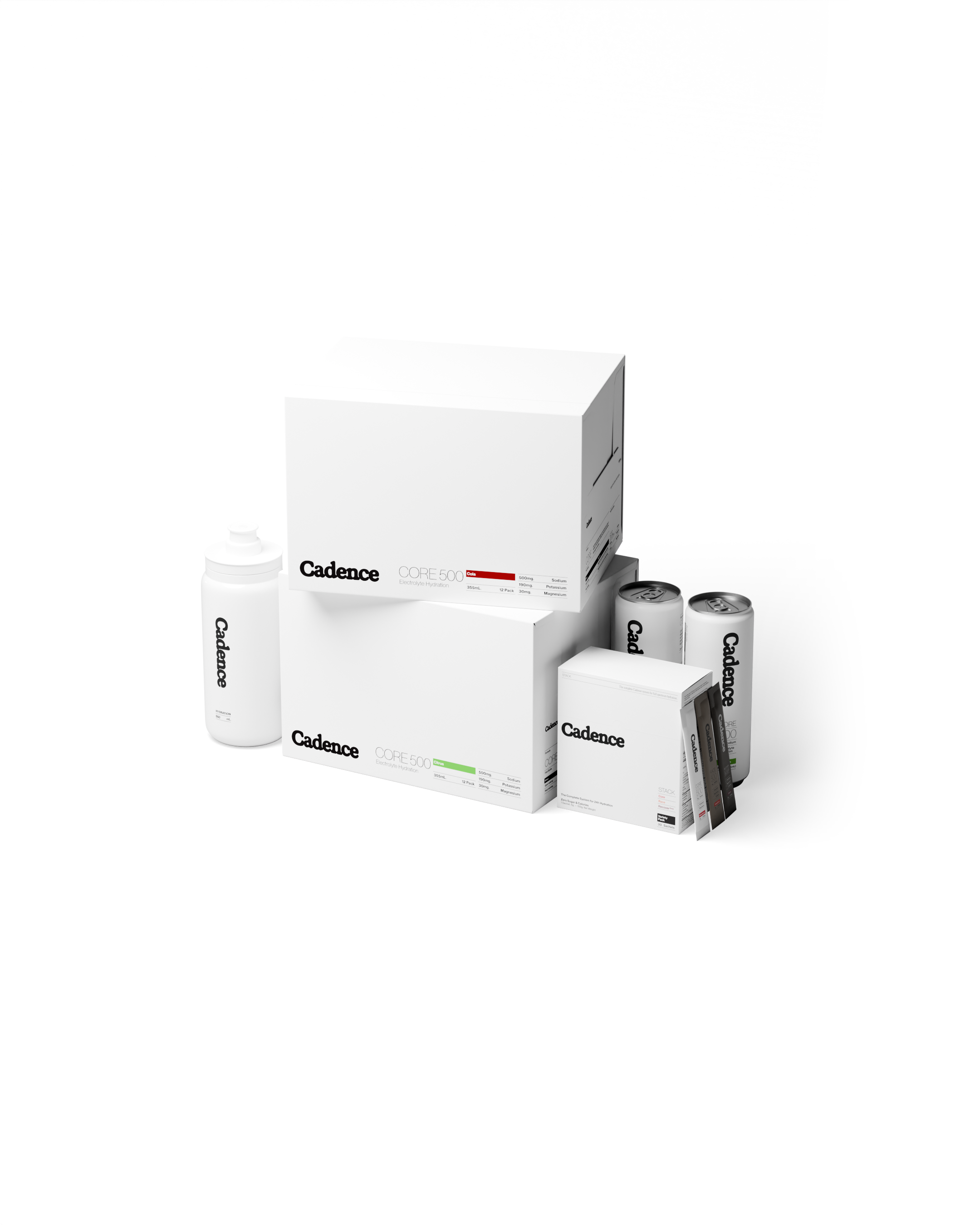Introduction
Electrolytes such as Sodium, Magnesium, and Potassium, are instrumental for maintaining our hydration and thus our body’s overall health. But when should we consider supplementing our diet with electrolytes? This article explores the best times and situations for replenishing electrolytes.
The Importance of Electrolytes
Electrolytes such as sodium, magnesium, and potassium are all vital for maintaining hydration, electrolyte balance, and overall physiological functions in the body, especially during physical activities.
Sodium, as highlighted in studies by Convertino et al. (1996), is essential for water retention and stimulating thirst, which may help to prevent hyponatremia during prolonged activities (Von Duvillard et al., 2004).
Magnesium supports over 300 enzymatic reactions in the body and is vital for hydration and muscle function (Cinar et al., 2007).
Potassium helps to maintain cellular fluid balance and is important for muscle contractions and nerve impulses, with research by Maughan, Leiper, & Shirreffs (1997) explaining its role in recovery and optimising your hydration after exercise.
These electrolytes together ensure that many functions in the body functions remain stable during high demand conditions, many of which will be presented next.
When Should You Take Electrolytes
During & After Physical Activity
Exercising, especially for periods longer than an hour, may lead to significant sweating and loss of electrolytes. We recommended that you start replenishing electrolytes during the workout to deliver optimal performance throughout the training session and maintain a hydrated state, thus aiding recovery.
When You're Ill
Illness can lead to dehydration due to increased fluid loss, through sweating, vomiting or diarrhoea. Increasing your intake with electrolyte rich fluids during illness can help maintain your electrolyte balance, which is instrumental for being in the best possible conditions for recovery.
Whilst Travelling
Travelling, especially via a flight can be extremely dehydrating. Lower humidity levels on aeroplanes can actually deplete your body of fluids and electrolytes. You may find that consuming electrolytes before and during a flight may help to mitigate the effects of travel fatigue and jet lag.
Upon Waking
We are generally more dehydrated upon waking, due to being in a fasted state for often 6-8 hours, depending on when you went to bed. We generally recommend that you rehydrate with electrolytes first thing in the morning upon waking in order to get the day started in a hydrated state.
Common Signs You Might Need More Electrolytes
Your body can often give you signs when of being dehydrated, or particularly when you may need to increase your intake of electrolytes:
- Heavy Sweating: If you sweat heavily, you may need to increase your electrolyte intake due to loss of fluids and electrolytes in your sweat.
- Dehydration Symptoms: Persistent thirst, even after drinking water, can indicate that electrolytes might be needed to properly hydrate.
- Muscle Cramps: These are often a sign of an electrolyte imbalance, as proper muscle function depends on adequate levels of these minerals.
- Mental Fatigue and Mood Changes: Since electrolytes aid in metabolic processes and neurotransmitter regulation, a deficiency might result in low energy or mood swings. Hydration has been found to be a key factor affecting cognitive performance.
Conclusion
This article has explained some of the main times you may want to consider supplementing with an electrolyte drink. Bear in mind that you should always pay attention to your body’s signals and stay hydrated, supplementing with electrolytes when necessary to support your health, physical performance and wellbeing. Whilst you're here, be sure to check out our Core Hydration Electrolyte Sachets. If you would like to sample our full range of electrolyte sachets, then you can also explore our variety pack of hydration sachets.
References
- Convertino, V. A., Armstrong, L. E., Coyle, E. F., Mack, G. W., Sawka, M. N., Senay, L. C. Jr., & Sherman, W. M. (1996). Exercise and Fluid Replacement. Medicine & Science in Sports & Exercise, 28(1), i-vii.
- Von Duvillard, S. P., Braun, W. A., Markofski, M., Beneke, R., & Leithäuser, R. (2004). Fluids and Hydration in Prolonged Endurance Performance. Nutrition, 20(7-8), 651-6.
- Cinar, V., Nizamlioglu, M., Mogulkoc, R., & Baltaci, A. K. (2007). The effect of magnesium supplementation on lactate levels of sportsmen and sedanter. Acta Physiologica Hungarica, 94(1-2), 36-44.
- Maughan, R. J., Leiper, J. B., & Shirreffs, S. M. (1997). Recovery from Prolonged Exercise: Restoration of Water and Electrolyte Balance. Journal of Sports Sciences, 15(3), 297-303.

